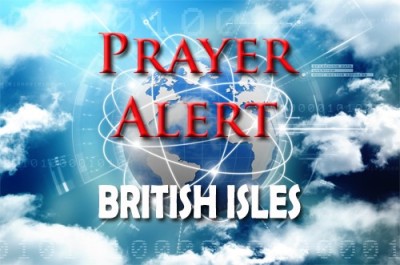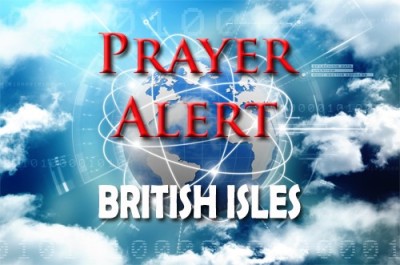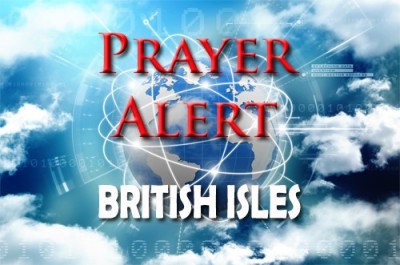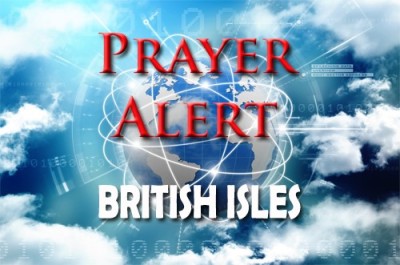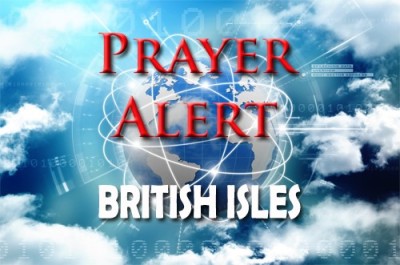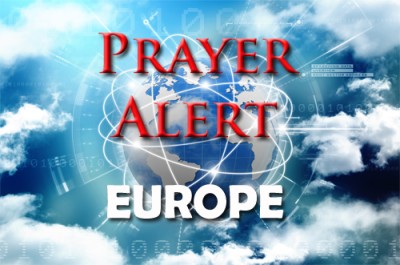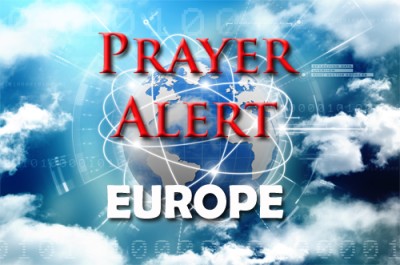The Government has condemned former Russian president Dmitry Medvedev's threats against The Times journalists, labeling his rhetoric as desperate and unacceptable. Medvedev, a close ally of Vladimir Putin, described the journalists as 'legitimate military targets' following their coverage of Lieutenant General Igor Kirillov's assassination (see Europe article below, ‘Russia: senior general assassinated’), for which Ukraine claimed responsibility. The Times had described the act as 'a legitimate act of defence’, prompting Medvedev's hostile comments. Keir Starmer’s spokesperson reiterated the UK's commitment to press freedom, a cornerstone of democracy, and emphasised the Government’s resolve to protect its citizens and media against threats. David Lammy called Medvedev’s statements a 'gangster threat' that underscores Moscow's desperation. Medvedev also extended his threats to NATO figures aiding Ukraine, further highlighting the volatile rhetoric from Russian leadership amid the ongoing conflict.
Sir Keir Starmer has sparked outrage among the Women Against State Pension Inequality (Waspi) group after Labour rejected compensating women born in the 1950s for changes to their state pension age. Starmer and Rachel Reeves argued that '90% of those impacted knew about the changes,' despite previously calling the situation an 'injustice' while in opposition. Angela Madden, chair of Waspi, criticised these statements, calling them misleading and an insult to millions of women who were unprepared for the increase in the pension age from 60 to 65. The Ombudsman had recommended compensation of up to £2,950 per woman, citing maladministration in government communication. However, Labour claims the financial burden, estimated at £10.5 billion, is unaffordable. The Waspi women vow to continue their campaign, calling for justice and accountability for all those affected.
The Electoral Commission (EC) has asked for a change in electoral law to close a loophole that could enable Elon Musk to make an £80 million donation to Reform, Nigel Farage’s party. Current laws prohibit foreign citizens like Musk from directly donating to UK parties, but a loophole allows unlimited donations through UK-based companies. This proposal gained urgency after Musk and Farage discussed potential financial support during a meeting at Donald Trump’s Mar-a-Lago resort. Reportedly, Musk is considering a significant donation to challenge Labour and the Conservatives. EC chief Vijay Rangarajan emphasised the importance of voter trust in political financing and urged the Government to address this issue. However, Downing Street stated that reforming electoral law is not a priority in the current parliamentary session.
The UK inflation rate surged to 2.6% in November, its highest level in eight months, driven by rising fuel and clothing costs, as well as higher ticket prices for events. This marks the second consecutive month of rising inflation, dampening hopes for an interest rate cut by the Bank of England. Rachel Reeves acknowledged the ongoing struggles of working families, vowing to alleviate financial pressures. However, critics blamed recent government policies for exacerbating inflationary pressures, which could prolong elevated mortgage rates. Many companies are grappling with rising fuel, utility, and wage costs, while households continue to face increased expenses on food, rent, and essentials. Economists predict the Bank of England will keep interest rates steady at 4.75% to curb inflation. While inflation is expected to fluctuate in the coming months, experts forecast a return to the Bank’s 2% target by the end of next year.
George Carey resigns as priest
19 Dec 2024George Carey, former Archbishop of Canterbury, has resigned from ministry at the age of 89 amid scrutiny over his handling of historical sexual abuse allegations. He did so after the BBC questioned his decision to allow David Tudor, a priest banned in the 1980s over abuse allegations, to return to ministry under supervision. Tudor was permanently banned from ministry in October after admitting to sexual misconduct. In his resignation letter, Carey expressed gratitude for his years of service and God’s faithfulness. This resignation comes soon after Justin Welby stepped down in November for failing to properly investigate abuse allegations related to Christian summer camps. Stephen Cottrell, Archbishop of York, has also faced calls to resign for his delayed action in Tudor’s case but has defended his previous decisions, citing a lack of legal grounds for suspension until Tudor’s 2017 arrest.
Russia: senior general assassinated
19 Dec 2024On 17 December Lieutenant-general Igor Kirillov and his assistant were killed in Moscow by a Ukrainian agent in a targeted assassination, intensifying a new front in the conflict. Kirillov, the head of Russia’s nuclear, chemical, and biological defence forces, died in an explosion outside his home caused by a remotely detonated bomb hidden in a scooter. The Ukrainian security service claimed that Kirillov was ‘a legitimate target’ due to his alleged war crimes, including the use of banned chemical weapons on Ukrainian troops. Since February 2022, Russia is said to have used chemical weapons over 4,800 times under his leadership. This marks a continuing trend of Ukraine’s covert operations to assassinate high-ranking Russian officials and disrupt their military efforts. While Ukrainian intelligence rarely takes credit for such actions, these killings are seen as a psychological tool to weaken Russia's morale and send a message about the cost of war crimes.
In a landmark case in Avignon, 72-year-old Dominique Pelicot and fifty co-defendants have been found guilty of mass rape against his wife Gisele over a decade. Dominique, who admitted to drugging and allowing strangers to abuse his wife while filming the assaults, was sentenced to twenty years in prison, with no parole until two-thirds of the sentence is served. Other defendants received sentences ranging from four to eighteen years. Gisele, who waived her anonymity, demanded the horrifying footage be shown in court, stating, ‘I’ve done nothing wrong. They are the ones who must be ashamed.’ Her courage has made her a feminist icon in France, inspiring other survivors to speak out. Supporters cheered as guilty verdicts were announced. The trial, which saw Gisele face her abusers in court, has shaken the nation. Her children stood by her during the proceedings, underscoring the profound impact of her resilience on justice and awareness.
Germany: early election after no-confidence vote
19 Dec 2024The chancellor, Olaf Scholz, has lost a vote of no confidence in the German parliament, resulting in an early election which will take place on 23 February. Although he expected the loss, Scholz saw this as an opportunity to rejuvenate his party’s fortunes; after the collapse of his three-party coalition government in November, his minority administration has struggled to pass legislation. His Social Democratic Party (SDP) is lagging in the polls, while the conservative Christian Democratic Union (CDU) seems poised to return to power. Following the vote, the president has 21 days to dissolve parliament. This early election campaign will focus on key issues such as the economy, immigration, and taxes. The rise of radical parties, like the hard-right Alternative for Germany (AfD) which is currently polling at almost 20%, adds complexity to coalition-building efforts, as the mainstream parties struggle to form a stable government.
